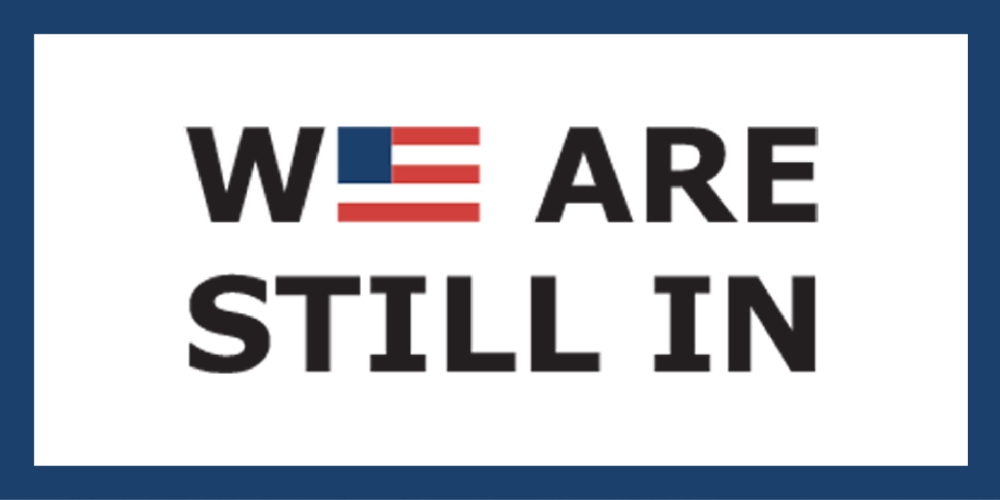This week Lyft announced that all Lyft rides are carbon neutral. That is a big statement. There are around 315,000 Lyft drivers in the US alone. So what does that mean exactly? It means that Lyft is making investments in green technology or sustainability ventures that will indirectly or directly “offset” their emissions. Lyft has elected to invest in “direct funding of emission mitigation efforts, including the reduction of emissions in the automotive manufacturing process, renewable energy programs, forestry projects, and the capture of emissions from landfills.”

Lyft is better than a lot of companies in terms of walking the talk. They signed the “We Are Still In” to show that even though the US is not in the Paris Accord, Lyft will still hold themselves accountable. “We Are Still In” was initiated by Michael Bloomberg, signatories include Airbnb, Amazon, Dallas, Texas, and more. According to the movement website, the signatories produce 6.2 trillion dollars in GDP. Lyft’s environmental advisor is Paul Hawken who authored the book Ecology of Commerce. This new initiative to me is interesting, especially the based on the nature of Lyft’s business and its impact on our planet.
According to the Atlantic, “Lyft will purchase carbon credits from 3Degrees, a sustainability company based in San Francisco. For every ton of carbon pollution released by its drivers, Lyft will pay 3Degrees to keep an equivalent amount of carbon pollution out of the atmosphere, either by removing it directly (by planting trees) or preventing its release. In the past, 3Degrees has established new wind farms, captured greenhouse gases from landfills, and planted new tracts of forest with the money from carbon credits.”
This is a good start, and all companies should be doing this, but if Lyft is that committed, it should go a step further. Subsidize electric vehicles for its drivers, or drivers that currently use electric vehicles are compensated better, or make carpooling a more predominant feature. Lyft currently has a Lyft line, which encourages people to share a “line” but its main appeal is that it is affordable, not sustainable.
Sources:
- http://www.latimes.com/business/technology/la-fi-0105-lyft-growth-20160105-story.html
- https://en.wikipedia.org/wiki/Carbon_offset
- https://www.wearestillin.com/
- https://medium.com/@johnzimmer/all-lyft-rides-are-now-carbon-neutral-55693af04f36
- https://www.theatlantic.com/science/archive/2018/04/all-lyft-rides-a
